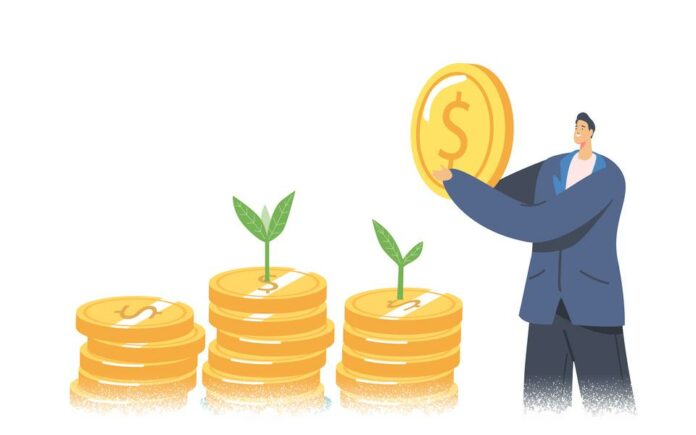The state of the global venture capital market leaves much to be desired and the United States has not escaped the slowdown: PitchBook and the NVCA both reported that “the third quarter of 2023 nearly saw the lowest overall risk deal value in six years and the lowest deal total in about three.”
Bottom line: things are not good.
The news is not todas negative, however. Even though PitchBook data indicates that deal totals remained nearly flat in Q2023 2023 compared to QXNUMX XNUMX, deal volume has also apparently declined. The fact that the startups managed to raise approximately the same amount of money in less rounds means that each round raised more capital, on average.
And the seed stage is where that good news comes from. The total value of seed and pre-seed deals, as in all lines, fell again in the third quarter and the volume of deals is also declining in the United States. But seed rounds are getting more expensive as the number of deals decreases faster than the value total transactions.
According to PitchBook, through the third quarter of 2023, early-stage startups posted a median pre-equity valuation of $12 million, up from $11,1 million last year. That 2022 figure was a record and startups are expected to surpass it this year.
Average transaction sizes at this stage are also increasing. The average size of seed rounds in the United States United States remains stable this year at 3 million dollars, meaning big-ticket investors will likely get less for their money than they did last year. Notably, the 75th percentile seed deal peaked at $5,3 million so far in 2023, while the average fell slightly to $4,5 million through Q2023 4,9 compared to $2022 million in XNUMX.
So while there are nuances to how big seed deals are today, rising median valuations mean investors aren't getting as good a deal as they were a year ago. No wonder they complain.
The situation is a bit confusing. Over the past two years, it has been beyond strange to hear complaints that funding is tight while seed deals have become more expensive. The former would be expected to make the latter less likely: when capital is abundant, investors have to compete to participate in rounds, which drives up prices. If it is increasingly difficult to raise capital, why are prices rising?
The reasons, among others, could be the following:
- Distance from public markets: You see few mega rounds lately because late-stage startups can be very easily compared to their public market peers. But public companies are trading at much lower levels than in recent years, so a large number of late-stage startups are struggling to close the gap. However, early-stage startups are at the opposite end of the startup life cycle. As such, they can still count on the power of optimism to protect them from the cold accounting of public market comparisons. So, higher prices?
- Rigid prices driven by accelerators: Another theory is the anchoring impact of startup acceleration packages. The new Y Combinator deal is the obvious fact on this point. YC's renewed standard agreement added more capital to its programs. Could the accelerator offer more funding to a few hundred startups twice a year and impact the market enough to cause average prices to rise?
None of these theses is sufficient to explain the entire situation. Certainly distance from public markets helps generate deals, but prices at this stage have been rising for years anyway, even when public markets were hot. So while this distance from an exit might explain why early-stage startups are under less pressure than their older counterparts, it doesn't tell us why they're getting more expensive.
And yes, Y Combinator has added more capital to its funded startups, but $375.000 is still less than half a million dollars. Sure, that's a lot of capital for a startup, but it's only 8% of the average seed round in 2023. What impact could that amount really have?
The bottom line is that it's unclear why seed deals have managed to rise so high in recent years, and why the trend has continued even though the world of venture capital is blurrier around the world. But the limit will be reached at some point.




